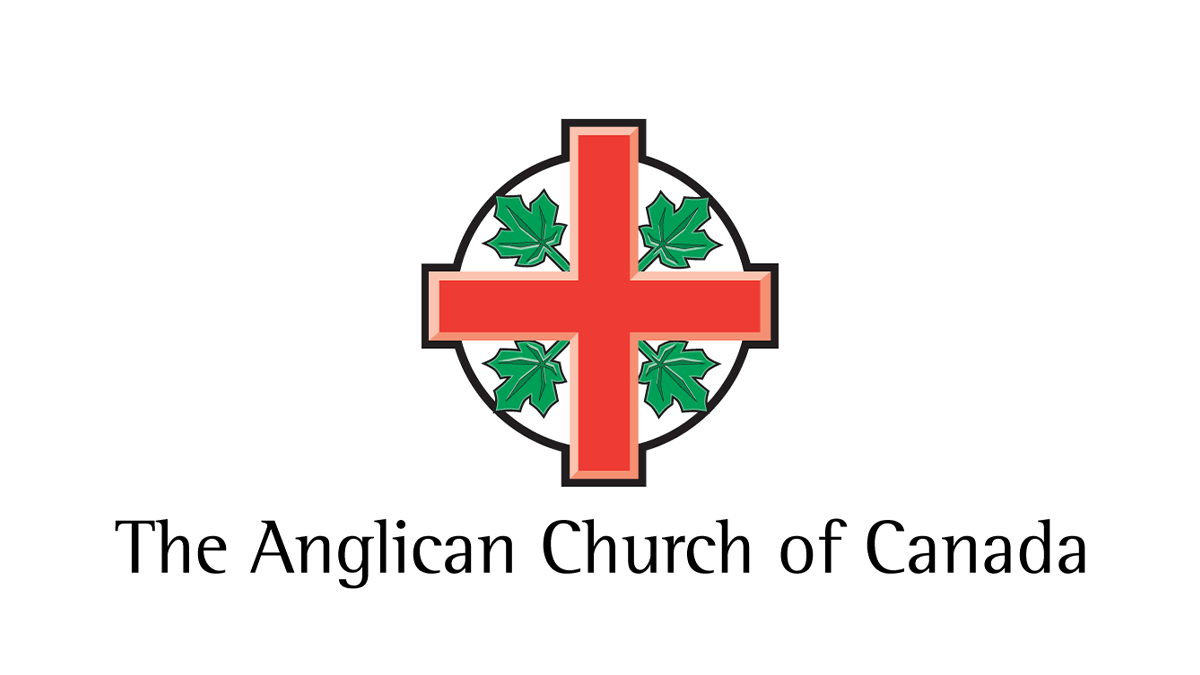Fellowship, teaching, healing and rest
Baker Lake, NU was the setting for the Diocese of the Arctic’s recent Clergy Conference. In the final days of this past March, travellers from across the vast diocese began to arrive, flying into coastal Rankin Inlet and catching their 30-min. connecting flights to Baker Lake, a community of 1900. 320 km from Hudson Bay, Baker Lake is the Arctic’s only major inland settlement. Debra Gill, the diocese’s Executive Officer, commented on the usual northern “glitches with travel,” but in the end all was well!
The Conference’s agenda featured less business than in the past. And while the afternoons were taken up to some degree with practical diocesan concerns (discussion of the narrative budget, baptism and marriage preparation and an update on cathedral fundraising) there was still a focus on conversation and rest. And for the first time, both clergy and layleaders were in attendance. As Bishop David Parsons explained, “We feel that these conference speakers will help lay leaders as well so we have invited all diocesan lay leaders to come to the conference at their own expense.”
According to Bishop Parsons the conference had two points of focus: mental and spiritual health. Each morning Dr. Grant and Kathy Mullen (from Grimsby, ON) spoke on the theme of mental health and helped the conference consider how to care for themselves and to cope with what Bishop Parsons described as the “particular stresses” that clergy in his diocese encounter.
Evening worship included lively music–guitars, drums, harmonica, accordion and praise singers, time for healing prayer, and encouraging messages from Archdeacon David McClay and Rev. Alan Kilpatrick of Northern Ireland as well as retired Arctic Bishop Andrew Atagotaaluk.
An already full week was capped off with a community feast, hosted by the hamlet of Baker Lake in honour of the gathered leaders, and the Sunday morning ordination of Stephen Martin to the diaconate.
On Monday, April 7, goodbyes were said and the shuttles to the airport began. Many participants were ready to return home with renewed energy, having shared with each other their burdens and having received teaching that was both inspiring and grounded. The Rev. Annie Ittoshat, an Arctic priest completing her MDiv. at Wycliffe College (Toronto), commented that attending the conference had been “very much rewarding.” She reflected, “Coming together as clergy and being taught by a couple about healing gives you a lightened spirit.”
The Arctic’s 2014 Clergy Conference was made possible by the whole Church’s generous financial support through the Council of the North, without which the cost of travel alone would have proved prohibitive.
It was a special opportunity for the Arctic Clergy and layleaders to gather—coming from across the Arctic’s vast expanse—to learn, to pray for each other and to be strengthened by worship and fellowship.
The mission of the Council of the North, of which the Anglican Diocese of the Arctic is a member, is to “provide pastoral and sacramental ministry to all who are living in isolated communities in Canada’s North.”
